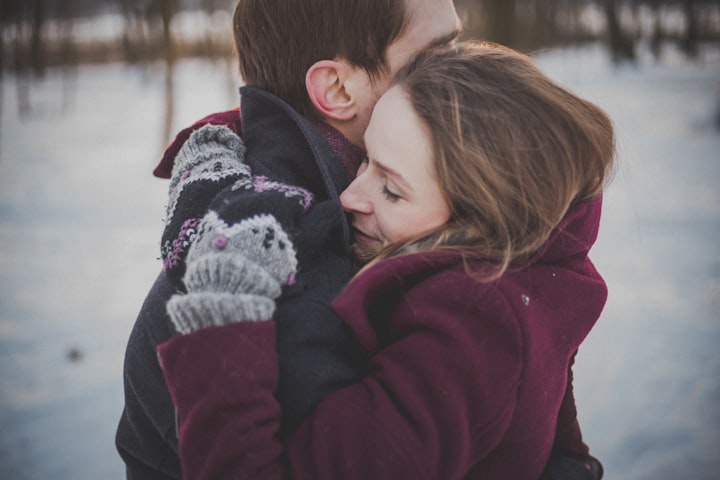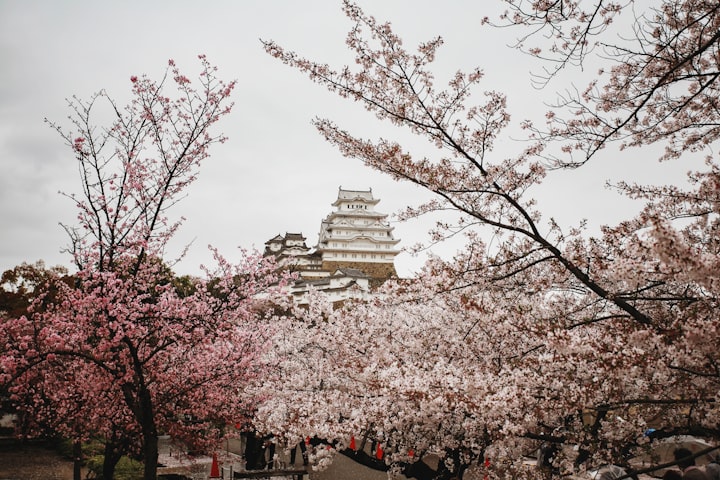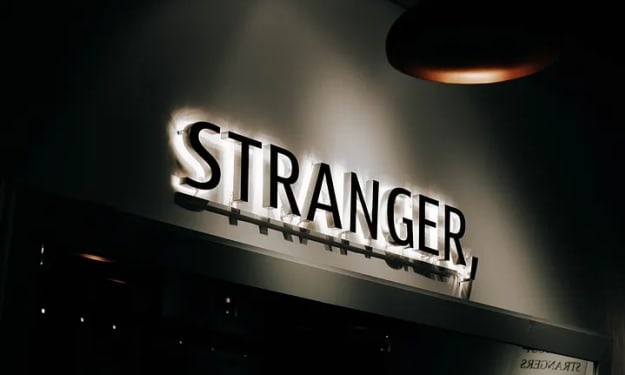Wishlist - A gift guide on Covid 19
From the pandemic Covid-19 to the 20020 influenza to now, pandemics have been an unwelcome member of society.

Touching everyone and everything, global sickness and the changes we have to make to get through makes us anxious and sends us looking for escape.
As the COVID-19 pandemic was declared by the World Health Organization on March 11, I knew my life would dramatically change. I just didn’t know how much.
I hesitated a lot about sharing this story, but I finally realized that I couldn’t not include them in a story about my life during COVID-19.
I lived through the fears this year, so I feel like I have the tools to manage my mental health and get through this, too. Community connection is the main thing that got us through the fears and I think it applies now, too, even with physical distancing.
Apart from that, I’ve been trying to help others. I’m creating resource guides with good news stories to support the community. It makes people feel heard. There’s a lot of uncertainty and fear right now, which is a normal response in a situation like this. We need to focus on the things we can control and remember that this, too, will pass.
I feel like the whole coronavirus situation happened really fast, and the news and social media around it is so intense. It was all I talked about with friends and I became pretty anxious.
I decided to start gratitude journaling each night. It helps me put things in perspective and makes me realise that in the scheme of things, my life’s pretty good. It’s really grounding and makes me feel calmer and more optimistic.
In early 2020, the novel coronavirus 2019 (COVID-19) increasingly spread across the United States (U.S.) and by the end of March 2020, more than half of U.S. states had implemented government-mandated stay-at-home orders to stem the spread of the virus (Kates, Michaud, & Tolbert, 2020). These mitigation measures, in combination with national guidance related to social distancing, school closures, and limiting large gatherings, drastically affected the daily activities and social and romantic relationships of Americans, as well as people across the globe (American Psychiatric Association, 2020; Ferguson et al., 2020; Kirzinger, Kearney, Hamel, & Brodie, 2020). These strict, but necessary, measures have often resulted in families and romantic and/or sexual partners being mostly confined together in their homes, or, alternatively, sequestered from one another in order to reduce risk for particularly vulnerable individuals. Disruptions of daily routines for individuals and families, compounded by the anxiety of the pandemic, lack of physical activity, absence of outside social outlets, lack of access to non-essential clinical care, and reduced physical contact may all contribute to increases in conflict between romantic partners. Further, individuals and relationship partners experiencing distress may have no access, less access, or different access to counseling or therapy (e.g., teletherapy rather than in-person meetings)
Wishlist - A gift guide

# Love near to you
The human search for connection, love, romance or even just sex, is a constant, so if we can’t put it on hold, how do we deal with it now?
The couple has been together for two years now and continue to spend every day with each other. Before now, they’d simply cross the border to be together, so clearly, the current pandemic, and the lockdown between the two countries, has been an obstacle to their romance.
The couple is looking forward to when travel restrictions are lifted in the two neighbouring countries so they can be reunited without this very real barrier between them.

# Calm and serenity
The word serenity is often defined as a feeling of calmness or tranquility. When people achieve this mental state, they aren’t shaken by the smaller trials of day-to-day life. The ability to face challenges is vital to sustained recovery.
Serenity doesn’t mean that a person will be bubbly, exuberant, or overflowing with joy every second of every day. Instead, it means that they have found peace with themselves. Sobriety is the path that many people take to find this harmony.
As Thanksgiving approaches, you’re probably already thinking about the upcoming season of reflection and togetherness. Take advantage of this and find a few different ways to practice gratitude in your daily life. Even though COVID-19 has changed our lives in countless ways, there is still so much to be thankful for.
To advance your journey to serenity, set aside some time to write out your blessings. You can start small with something as simple as your clothing, the company of a friend, or your health. As time goes on, you may get more comfortable with expressing your gratitude throughout the day. When a car lets you over while you’re driving, give thanks. When your child draws you a picture, give thanks. Try to acknowledge every good thing that happens to you – you’ll boost your mental health and adopt a more positive mindset.

# Help the people
There is always something you can do to help others. And by helping others you will also help yourself. Research shows that volunteering makes you happier and healthier. Especially now—with most of us isolated from others or confined to interacting with only those in our household— it’s a great way to reinforce your community ties and remind you that we’re all working towards a common goal. Finding ways to give back during COVID-19 will help lower your own anxiety and stress, boost your mood, and give you a sense of purpose during this difficult time.
The easiest way to give back is by reaching out to the people you know. Neighbors, friends, co-workers, and relatives can all benefit from a friendly text or video call. It may seem like a small gesture, but don’t underestimate the positive impact of checking up on someone. Start with those who might feel vulnerable right now. This could be your elderly neighbor who is cut off from their social connections or your friend who suffers from anxiety and depression. Providing a touchstone for someone during this time is one of the best ways to be of service. And it will help ease your own anxieties as well and give you an emotional boost.
Make a donation
While many people don’t have extra funds right now, if you’re one of the lucky ones who do, consider donating to an organization that’s making a difference during the pandemic. Some possibilities include hospitals and health centers or national and local charities that provide housing, financial assistance, or food.
About the Creator
Fluo & Pattern
Makeup artist, fashion/beauty blogger.
Journalist, editor and writer, and body painter of events and TV show.






Comments
There are no comments for this story
Be the first to respond and start the conversation.